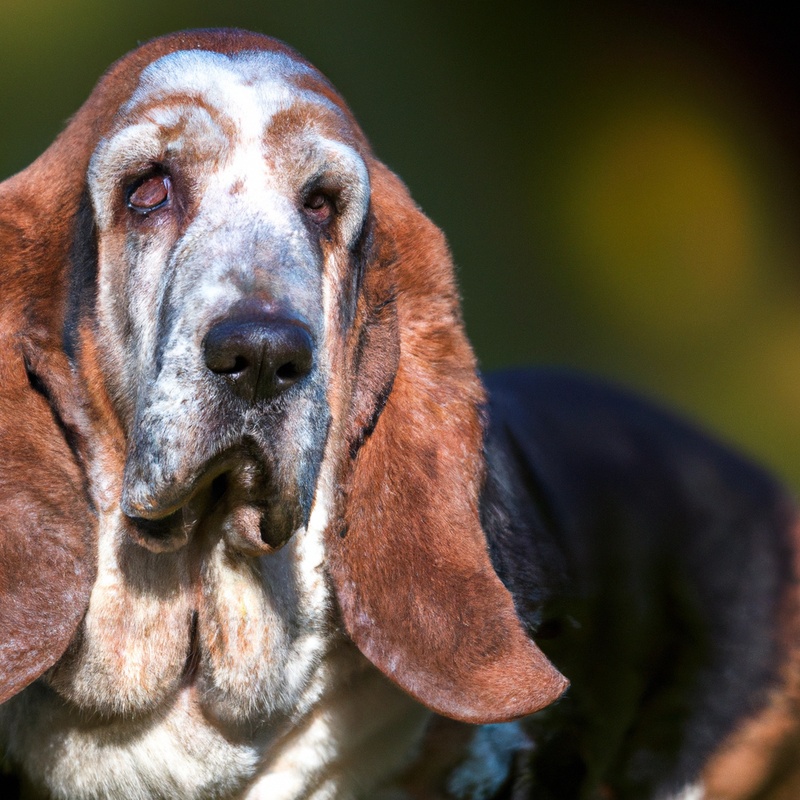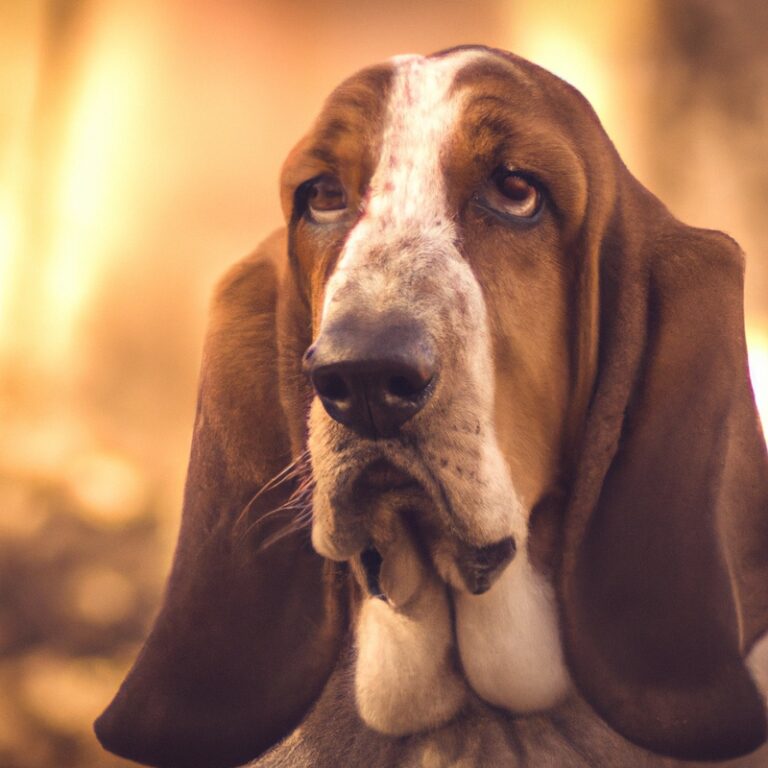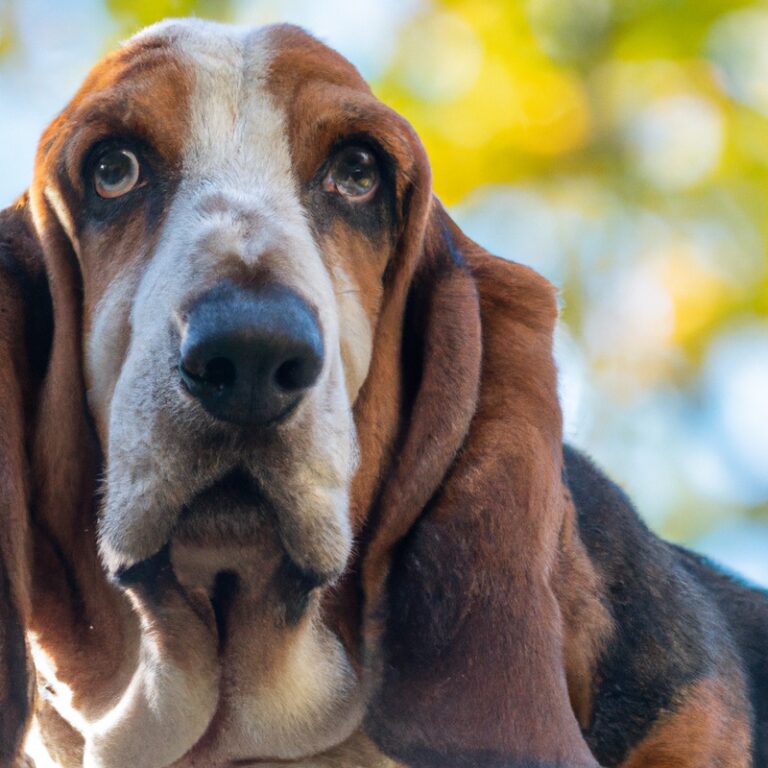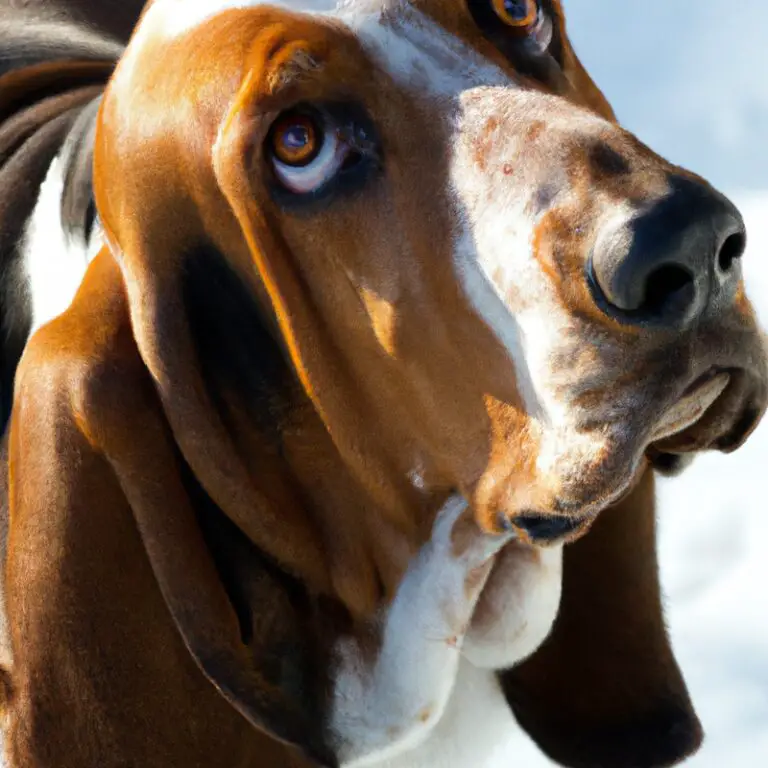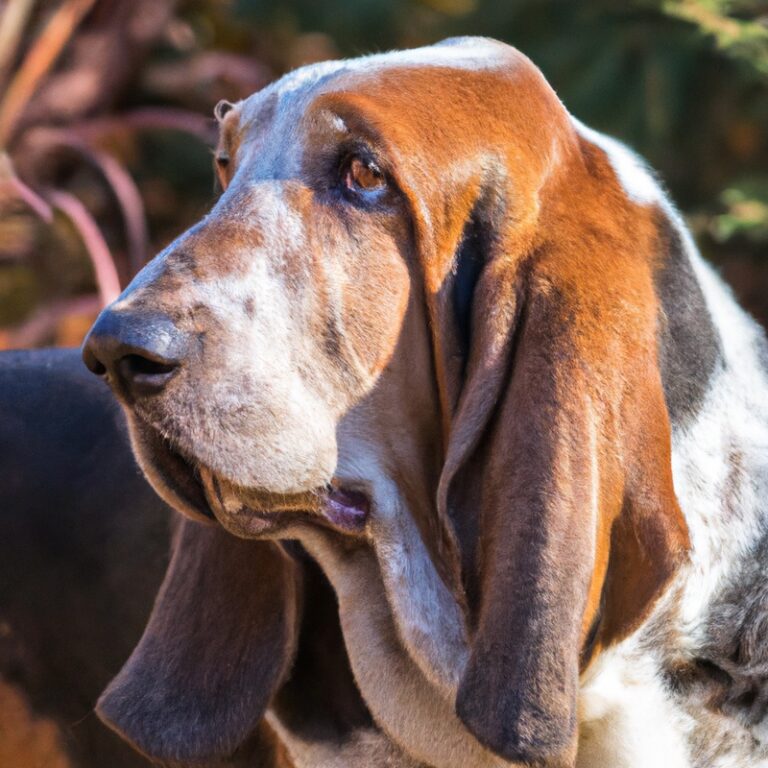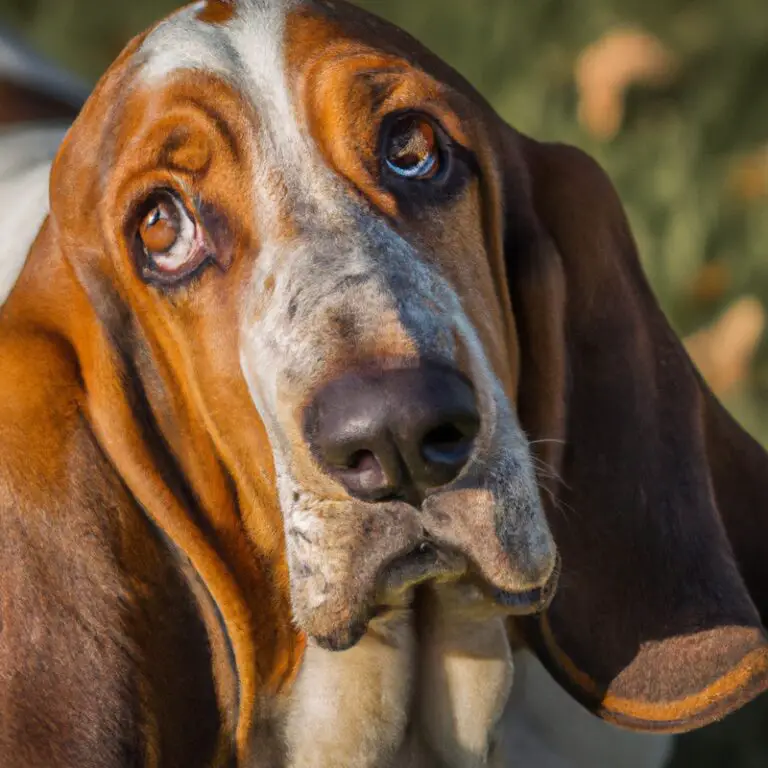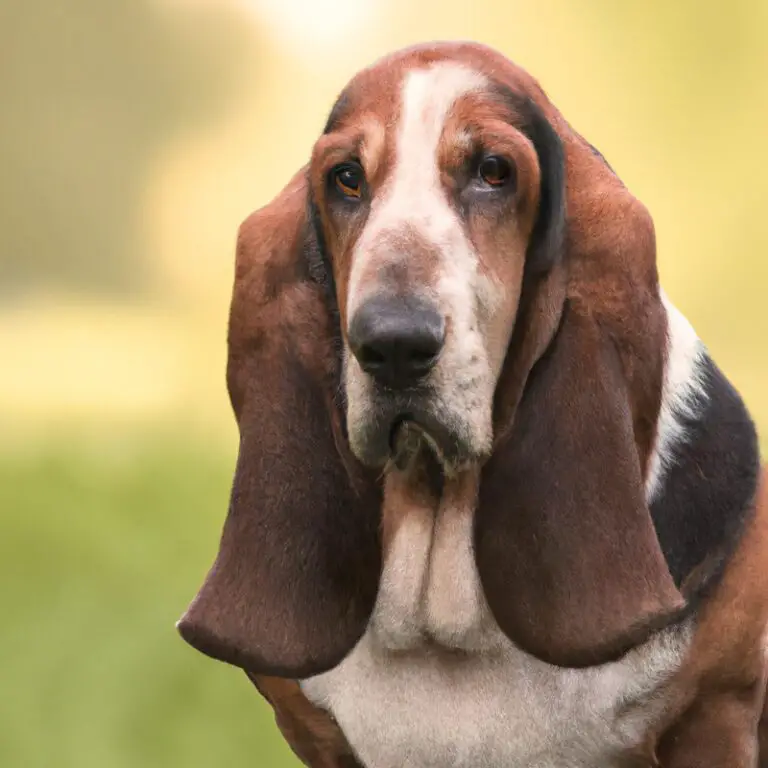Can Basset Hounds Be Trained For Scent Work In Cadaver Searches?
Key Takeaways:
- Basset Hounds can be successfully trained for scent work in cadaver searches.
- Their exceptional sense of smell and tracking instincts make them well-suited for this type of work.
- Proper training and reinforcement techniques are crucial for effective results.
- Regular and consistent practice is necessary to maintain their skills and proficiency.
Hey there! Can Basset Hounds use their exceptional sense of smell for cadaver searches? Well, you’re in for a treat because I’ve got some fascinating insights for you.
Basset Hounds, with their long ears and droopy faces, are not just adorable pets, but they also possess some serious scent capabilities.
In this article, we’ll explore the unique characteristics that make Basset Hounds suitable for scent work, and delve into the basics of training them for the challenging task of cadaver searches. So, let’s get started and discover the world of Basset Hounds as scent work experts!
| Aspect | Yes | No |
|---|---|---|
| Smell Sensitivity | High | Low |
| Tracking Ability | Excellent | Poor |
| Physical Fitness | Good | Poor |
| Trainability | Moderate | Difficult |
| Success Rate | Possible | Unlikely |
Basset Hounds: A Unique Breed Known for Their Scent Capabilities
Overview of Basset Hounds’ Sense of Smell
Basset Hounds have an incredible sense of smell, making them well-suited for scent work.
Their nose is highly sensitive and can pick up even faint odors.
Bassets have around 220 million scent receptors, which is much higher than most other breeds.
Their long ears and loose skin help trap scents, allowing them to track them efficiently.
Their strong olfactory abilities make them excellent candidates for tasks like cadaver searches, as they can detect the scent of decomposing flesh.
Overall, Basset Hounds’ sense of smell is truly remarkable and a significant advantage in scent-related activities.
Characteristics That Make Basset Hounds Suitable for Scent Work
Basset Hounds possess several characteristics that make them suitable for scent work:
- Exceptional sense of smell: Basset Hounds have one of the best noses in the dog world. Their olfactory abilities, with 220 million scent receptors, make them highly effective in detecting and tracking scents.
- Low to the ground: Their long, droopy ears and short legs help them keep their noses close to the ground, allowing them to pick up scents more efficiently. This feature is particularly useful in search and rescue operations.
- Determination and stamina: Basset Hounds are known for their unwavering determination and endurance. They can tirelessly search for scents for long periods, making them reliable partners in scent work.
- Calm and focused nature: Basset Hounds have a calm and focused temperament, which aids in maintaining concentration during scent work. They are less easily distracted, allowing them to stay on task and follow scents without getting sidetracked.
- Excellent problem-solving skills: Basset Hounds are intelligent and possess excellent problem-solving abilities. They can navigate through complex scent trails and locate the source accurately, making them well-suited for advanced scent work tasks.
These characteristics, combined with proper training and socialization, make Basset Hounds an ideal choice for scent work and various other scent-related activities.
Training Basset Hounds for Scent Work: The Basics
Training Basset Hounds for scent work involves some basic steps that help maximize their natural abilities.
Firstly, it’s important to establish a strong bond and trust with your Basset Hound.
This helps create a positive and cooperative training environment.
Secondly, teach specific commands that are relevant to scent work, such as “search” or “find.” By using consistent and positive reinforcement, your Basset Hound will learn to associate these commands with the desired behavior.
Lastly, introduce your Basset Hound to the scent they will be searching for, gradually increasing the difficulty level.
This helps them develop their scent discrimination skills.
Regular practice and patience are key when training Basset Hounds for scent work.
Understanding Cadaver Searches and the Role of Scent Dogs
What Are Cadaver Searches?
Cadaver searches are investigations conducted to locate deceased individuals or human remains. These searches are crucial in various scenarios, including criminal cases, missing persons investigations, and disaster recovery efforts.
Specially trained scent dogs play a vital role in cadaver searches, as they have the ability to detect the scent of decomposing human remains.
These dogs are trained to search specific areas, such as crime scenes, disaster sites, or wilderness areas, to help locate and recover human remains for further investigation or identification purposes. The dogs work alongside their handlers, using their keen sense of smell to assist in these important search operations.
The Importance of Scent Dogs in Cadaver Searches
Scent dogs play a vital role in cadaver searches.
Their exceptional sense of smell allows them to detect and locate human remains, providing crucial assistance to search teams.
These dogs are trained to pick up on the scent of decomposition, even in challenging environments.
They can cover large areas quickly and efficiently, helping to expedite the search process.
Scent dogs are an invaluable asset in locating and recovering remains, bringing closure to families and aiding in criminal investigations.
Their skills and contributions are truly remarkable.
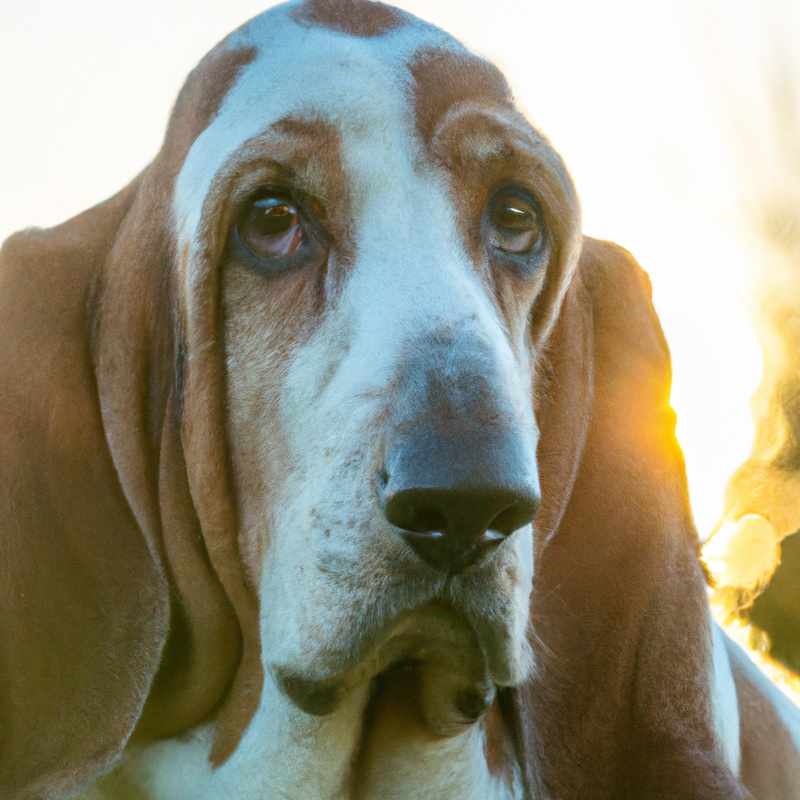
Training Basset Hounds for Cadaver Searches
Selecting the Right Basset Hound for Cadaver Search Training
Selecting the right Basset Hound for cadaver search training is essential.
Here are a few key factors to consider:
- Temperament: Look for a Basset Hound with a calm and focused temperament. They should be eager to work and have a high level of endurance.
- Scenting Ability: Choose a Basset Hound with a strong sense of smell. Look for dogs with a history of successful scent work or hunting abilities in their lineage.
- Physical Fitness: Ensure that the Basset Hound is in good physical condition, as cadaver search work requires stamina and agility.
- Trainability: Opt for a Basset Hound that is receptive to training and has a willingness to learn. This will make the training process smoother and more successful.
- Health: Prioritize the overall health of the Basset Hound. Regular vet check-ups and genetic testing can help ensure they are fit for the demanding tasks of cadaver search work.
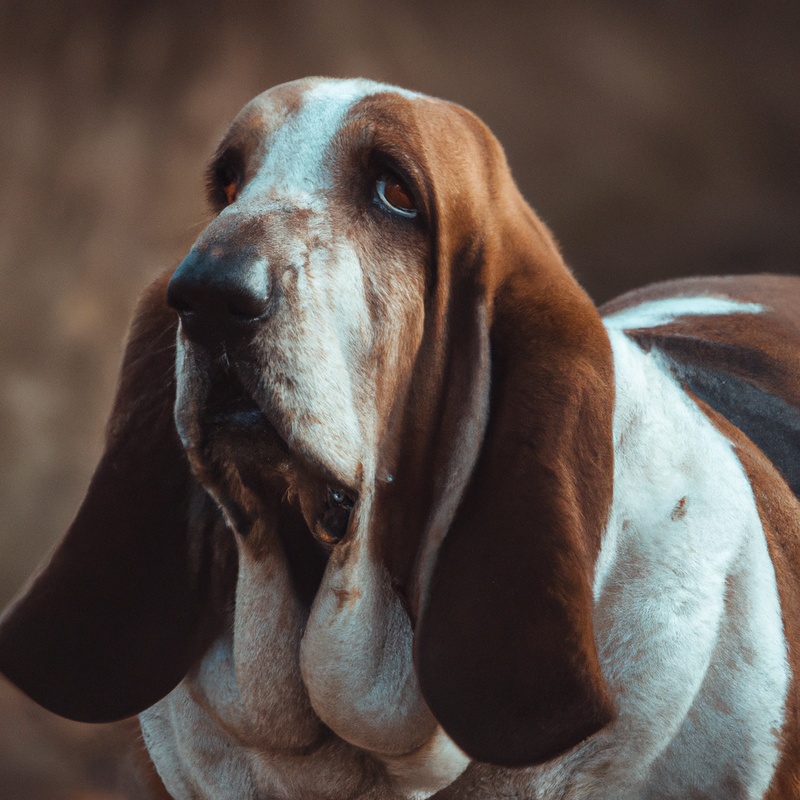
Establishing a Bond and Trust with Your Basset Hound
Establishing a strong bond and trust with your Basset Hound is vital when training them for cadaver searches.
Spend quality time together, engaging in activities that build trust and strengthen your relationship.
Consistency and positive reinforcement are key.
Use reward-based training methods, such as treats and praise, to motivate your Basset Hound and reinforce good behavior.
Avoid using punishment or harsh training techniques as they can damage the bond and erode trust.
Patience, understanding, and clear communication are essential for fostering a strong connection with your Basset Hound.
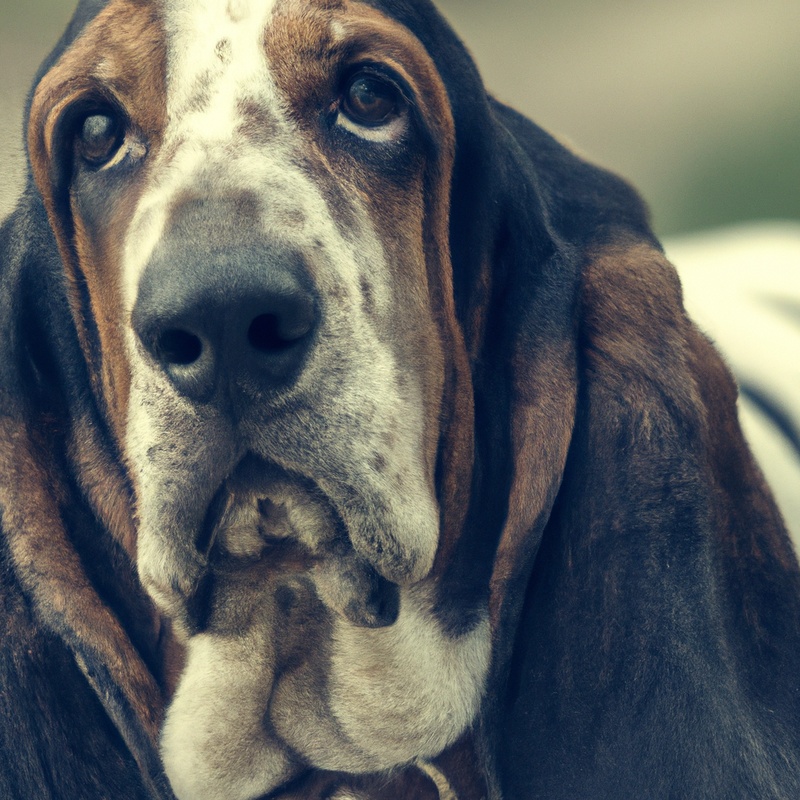
Teaching Basset Hounds Specific Commands for Cadaver Searches
Teaching Basset Hounds specific commands for cadaver searches is a key aspect of their training. It’s important to start with basic obedience training to establish a good foundation.
Commands like “sit,” “stay,” and “come” are essential for control during searches.
Next, introduce commands specific to scent work, such as “search” or “find it,” to indicate when they should actively search for cadaver scent. Consistency and positive reinforcement are crucial in training Basset Hounds for cadaver searches.
Gradually increase the difficulty of exercises to enhance their scent work skills.
Introducing Basset Hounds to Cadaver Scent
Introducing Basset Hounds to Cadaver Scent is an important step in their training. I start by familiarizing them with the scent itself, using positive reinforcement to associate the scent with rewards.
I gradually introduce them to more complex scenarios, such as searching in different environments and using various cadaver scent sources.
It’s crucial to take it slow, allowing the dog to build confidence and develop their scent discrimination skills. With patience and consistency, Basset Hounds can become proficient in detecting and alerting to cadaver scent.
Practical Exercises to Enhance Basset Hounds’ Scent Work Skills
To enhance a Basset Hound’s scent work skills, practical exercises can be a valuable tool. One effective exercise is scent discrimination, where different scents are presented for the dog to identify and indicate.
Another exercise involves hiding scented objects in various locations and having the dog search for them.
This helps strengthen their ability to track scents and improves their focus and determination. Incorporating distractions during training sessions can also challenge the Basset Hound to maintain their focus on the scent despite potential interruptions.
Regular practice, patience, and positive reinforcement are key to enhancing their scent work skills.
Challenges and Limitations When Training Basset Hounds for Cadaver Searches
Basset Hounds’ Physical Limitations in Cadaver Search Work
Basset Hounds’ physical limitations can pose challenges in cadaver search work.
Their short legs and heavy bodies make them slow and less agile than other breeds.
This can affect their ability to navigate rough terrain or access hard-to-reach areas.
Additionally, their long ears and droopy eyes can impede their vision and lead to potential hazards.
Despite these limitations, with proper training, patience, and adaptations, Basset Hounds can still contribute effectively in cadaver search operations.
It’s important to consider their physical abilities and provide them with necessary support and accommodations during training and searches.
Addressing Basset Hounds’ Independent Nature in Training
Training Basset Hounds can be a bit challenging due to their independent nature. However, there are effective strategies to address this.
Firstly, building a strong bond with your Basset Hound is crucial.
Spend quality time together and establish trust. Secondly, use positive reinforcement techniques during training to motivate and engage your dog.
Thirdly, keep training sessions short and fun to prevent your Basset Hound from getting bored or distracted.
Lastly, consistency is key. Practice regular training sessions and be patient.
With time and effort, your Basset Hound will become a skilled scent dog.
Overcoming Basset Hounds’ Distractions during Searches
During cadaver searches, Basset Hounds can become easily distracted due to their curious nature. To overcome these distractions, it is important to provide a focused and controlled training environment.
- Minimize external stimuli: Conduct training sessions in quiet and familiar locations to reduce potential distractions.
- Maintain consistent routines: Establish a predictable training schedule to help your Basset Hound understand when it is time for work.
- Use positive reinforcement: Reward desired behaviors with treats, praise, or playtime to keep your Basset Hound engaged and motivated.
- Gradual exposure to distractions: Gradually introduce distractions during training sessions to help your Basset Hound learn to stay focused despite external stimuli.
- Patience and consistency: Training takes time and patience, so be consistent in your methods and expectations to help your Basset Hound overcome distractions.
Final Verdict
Basset Hounds have proven to be an exceptional breed for scent work in cadaver searches.
Their remarkable sense of smell, coupled with their dedicated and determined nature, make them well-suited for this challenging task.
Through proper training, establishing trust, and introducing them to cadaver scent, Basset Hounds can excel in locating human remains.
While they may have physical limitations and a tendency for independence, these challenges can be overcome with patience and consistency.
Overall, Basset Hounds have the potential to be invaluable assets in cadaver search operations.

